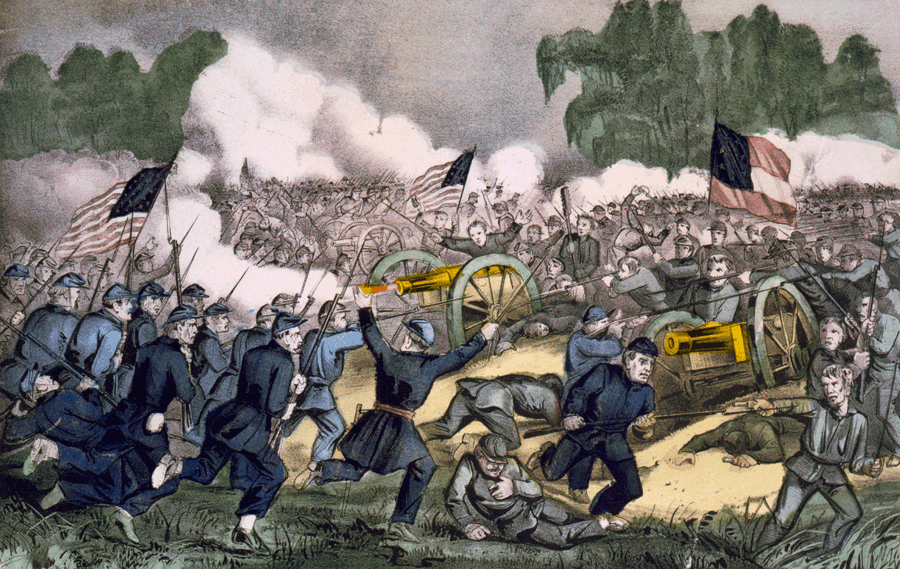Russia in the nineteenth century
 The extent of the country
The extent of the countryAt the beginning of the nineteenth century Russia was geographically the world’s most extensive country and its empire was expanding. From 1809 Russia controlled Finland and in 1815 the Grand Duchy of Warsaw was subsumed into Russia. In 1800 Georgia was annexed. In 1859 the rest of the Caucasus was conquered and the Chechen hero Imam Shamil (right) captured. In 1860 the Amur and Maritime provinces were acquired from China and Turkestan from Persia in 1875. Turkmenistan was annexed in 1881. The Pacific port of Vladivostok was founded in 1860. The only territory lost was Alaska, which was sold to the United States in 1867 for $8 million.
Read more »






